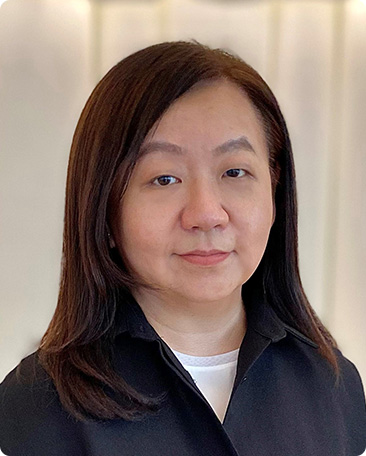
Judy Yam
Professor, Department of Pathology, School of Clinical Medicine
Office: Room 08-001, Block T, Queen Mary Hospital, Pokfulam, Hong Kong
Tel: +852 22552681
Fax: +852 22125212
Email: jywp@hku.hk
Lab page: https://jyamlab.com/
HKU lab webpage link: https://jyamlab.com/
Google Scholar: https://scholar.google.com/scholar?hl=zh-TW&scisbd=1&as_sdt=2007&q=judy+Yam&btnG=
HKU Scholars Hub: https://hub.hku.hk/cris/rp/rp00468
ORCID: 0000-0002-5637-121X
Education
1992 BSc, Biochemistry (Cum Laude), University of Washington, Seattle
1995 MSc, Biotechnology, The Hong Kong University of Science & Technology
1999 PhD, Biology, The Hong Kong University of Science & Technology
Employment
Department of Pathology, The University of Hong Kong
2000 - 2004 Post-Doctoral Fellow
2004 - 2007 Research Assistant Professor
2007 - 2013 Assistant Professor
2013 - 2023 Associate Professor
2023 - present Professor
Research Description
Hepatocellular carcinoma (HCC) is a primary malignancy of liver and develops preponderantly in individuals with underlying chronic liver disease. HCC is an aggressive tumor with local invasion and extrahepatic metastasis as signatures in the advanced stage. Metastasis to specific organs is not a random process but results from the interplay between intrinsic properties of cancer cells and microenvironment of the distant organ. Extracellular vesicle (EV) shedding from tumor cells has emerged as an important channel for cell-cell communication in influencing the local tumor microenvironment and facilitating pre-metastatic niche formation in distant organ sites. They contain distinct components which depend on the cell type from which they are released and can subsequently be transferred to the recipient cells. EV content is regarded as a fingerprint of the releasing cells; it provides insightful information about the origin and functions of releasing cells. Circulating EV of cancer patients may therefore serve as promising biomarker for early detection and prognosis.
Professor Yam's research team is at the forefront of studying the molecular basis of hepatocellular carcinoma (HCC) metastasis, particularly focusing on the role of extracellular vesicles (EVs). Her pioneering work aims to elucidate the functional roles and signaling pathways of EV contents. Additionally, her research seeks to identify promising EV biomarkers for early diagnosis and to develop novel therapeutic interventions, ultimately aiming to enhance the health, well-being, and quality of life for cancer patients.
Selected Publications
1. Yao Y#, Xu Y#, Liang Y, Xue TM, Xiao ZJ, Tin PC, Fung HL, Ma HT, Yun JP, Yam JWP*. NHE7 upregulation potentiates the uptake of small extracellular vesicles by macropinocytosis in hepatocellular carcinoma. Cancer Communications 2023, 44(2):251-272.
2. Xu Y*, Yao Y, Liang Y#, Zhang X, Mao XW, Tey SK, Wong SWK, Yeung CLS, Ng TH, Wong MYM, Che CM, Lee TKW, Gao Y, Cui Y, Yam JWP*. Clathrin light chain A-enriched small extracellular vesicles remodel microvascular niche to induce hepatocellular carcinoma metastasis. Journal of Extracellular Vesicles 2023, 12(8):e12359.
3. Wong SWK, Tey SK, Mao XW, Fung HL, Xiao ZJ, Wong DKH, Mak LY, Yuen MF, Ng IOL, Yun JP, Gao Y, Yam JWP*. Small extracellular vesicle-derived vWF induces a positive feedback loop between tumor and endothelial cells to promote angiogenesis and metastasis in hepatocellular carcinoma. Advanced Science (Weinh) 2023, 10(26):e2302677.
4. Tey SK, Wong SWK, Chan JYT, Mao XW, Ng TH, Yeung CLS, Leung Z, Fung HL, Tang AHN, Wong DKH, Mak LY, Yuen MF, Sin CF, Ng IOL, Ma SKY, Lee TKW, Cao PH, Zhong K, Gao Y, Yun JP, Yam JWP*. Patient pIgR-enriched extracellular vesicles drive cancer stemness, tumorigenesis and metastasis in hepatocellular carcinoma. Journal of Hepatology 2022, 76(4): 883-895.
5. Liu BHM, Tey SK, Mao XW, Ma APY, Wong SWK, Ng TH, Yeung CLS, Xu Y, Yao Y, Fung EYM, Tan KV, Khong PL, Ho DWH, Ng IOL, Tang AHN, Cai SH, Yun JP, Yam JWP*. TPI1-reduced extracellular vesicles mediated by Rab20 downregulation promotes aerobic glycolysis to drive hepatocarcinogenesis. Journal of Extracellular Vesicles 2021, 10(10):e12135.
6. Mao XW, Tey SK, Yeung CLS, Kwong EML, Fung YMF, Chung CYS, Mak LY, Wong DKH, Yuen MF, Ho JCM, Pang H, Wong MP, Leung CON, Lee TKW, Ma V, Cho WCS, Cao PH, Xu X, Gao Y*, Yam JWP*. Nidogen 1-enriched extracellular vesicles facilitate extrahepatic metastasis of liver cancer by activating pulmonary fibroblasts to secrete tumor necrosis factor receptor 1. Advanced Science 2020, 7(21):2002157.
7. Ko FCF, Chan LK, Sze KMF, Yeung YS, Tse EYT, Lu P, Yu MH, Ng IOL, Yam JWP*. PKA-induced dimerization of the RhoGAP DLC1 promotes its inhibition of tumorigenesis and metastasis. Nature Communications 2013, 4:1618. doi: 10.1038/ncomms2604.
8. Ko FCF, Chan LK, Tung EKK, Lowe SW, Ng IOL, Yam JWP*. Akt phosphorylation of Deleted in Liver Cancer 1 deregulates its suppression of liver cancer tumorigenesis and metastasis. Gastroenterology 2010, 139(4):1397-1407.
9. Yam JWP, Ko FCF, Chan CY, Yau TO, Tung EKK, Leung THY, Jin DY, Ng IOL*. Tensin2 variant 3 is associated with aggressive tumor behavior in human hepatocellular carcinoma. Hepatology 2006, 44:881-890.
10. Yam JWP, Jin DY, So CW, Chan LC*. Identification and characterization of EBP, a novel EEN binding protein that inhibits ras signaling and is recruited into the nucleus by the MLL-EEN fusion protein. Blood 2004, 103:1445-1453.
Full publication list link:
https://scholar.google.com/scholar?hl=zh-TW&scisbd=1&as_sdt=2007&q=judy+Yam&btnG
Media Coverage of Research
Honours and Awards
Research Grants Council Research Fellow Award 2023-2024
Faculty Outstanding Research Output Award 2022
Outstanding Young Researcher Award 2008-2009, HKU
Patent
US Non-provisional patent “Nidogen 1 as a diagnostic marker and therapeutic target of hepatocellular carcinoma, composition and methods thereof”
Editor Board of Scientific Journals
The Innovation Medicine, Journal of Clinical and Translational Hepatology






